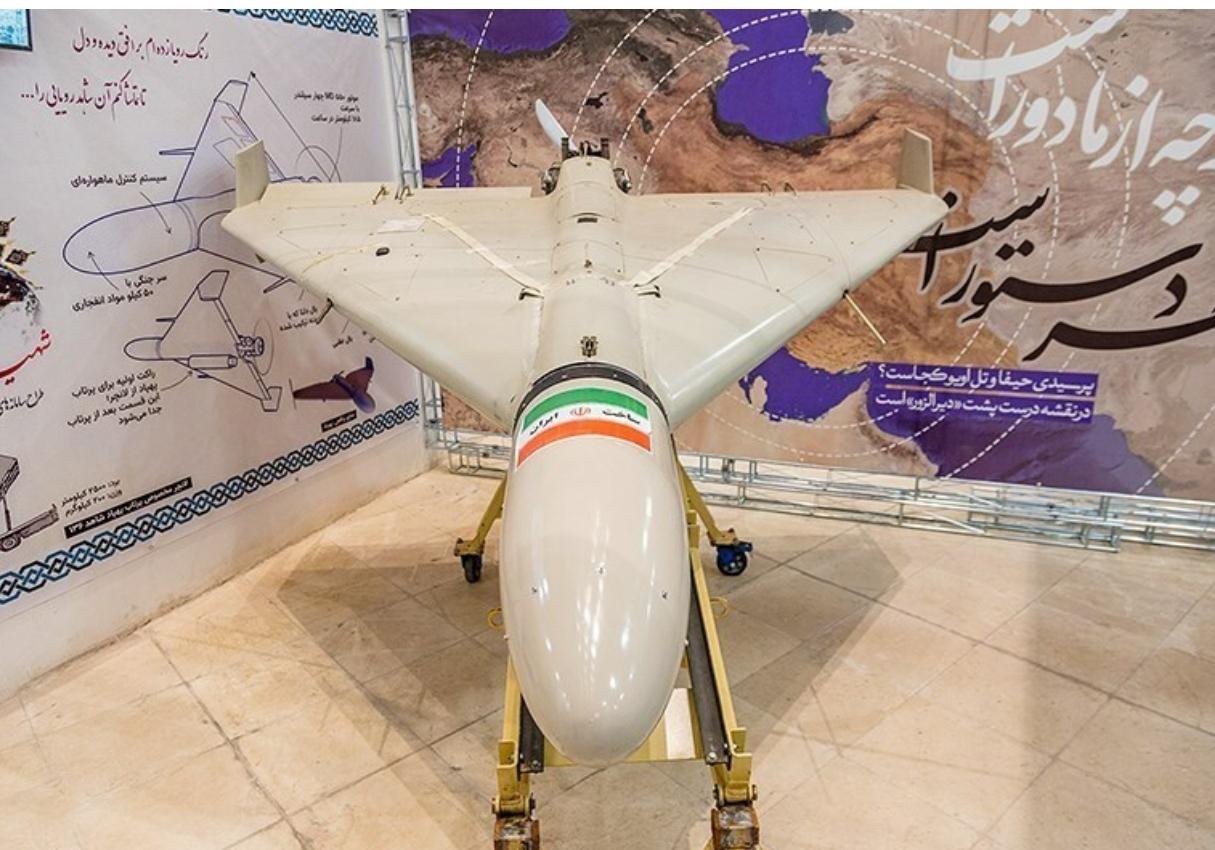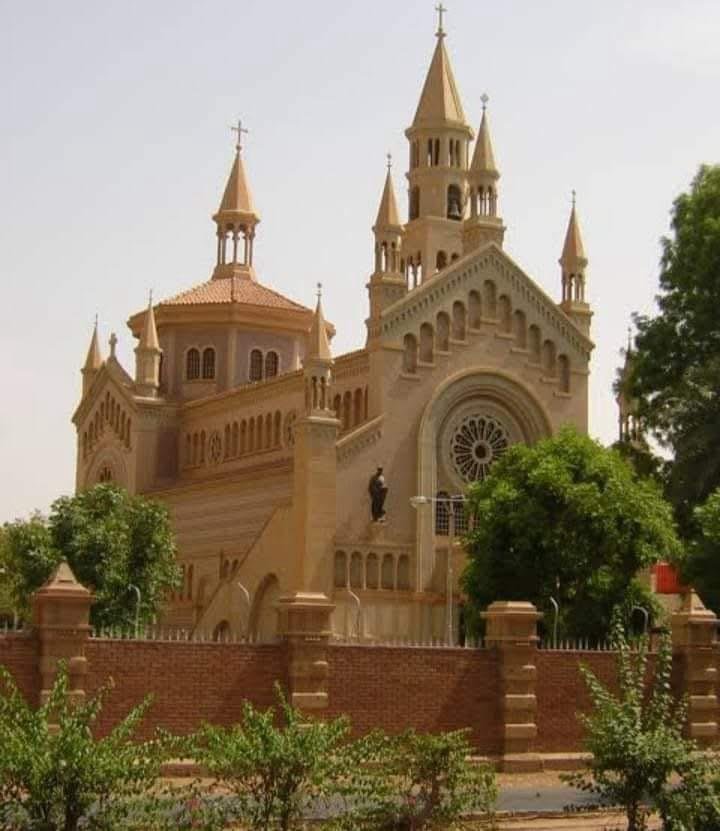Report: SPT
On March 26, the Sudanese army (SAF) announced that it had taken control of the capital, Khartoum, nearly two years after it fell under the control of the Rapid Support Forces (RSF) following the outbreak of war on April 15, 2023.
For many Sudanese, this development offered a glimmer of hope. With the army’s entry into the capital whose control had been a prerequisite for dialogue and negotiations many were optimistic that this could pave the way for talks to end the war, achieve peace, and bring an end to the world’s worst humanitarian crisis, which has claimed tens of thousands of lives, displaced over 12 million people, and left 26 million at risk of famine.
However, these hopes were quickly dashed. General Abdel Fattah al-Burhan, the army commander, declared in a speech to his troops and the Sudanese people that there would be no dialogue or negotiations with the RSF “until the last village in Darfur is liberated from the stain of rebellion.”
For its part, the RSF announced its withdrawal from Khartoum as part of a broader military strategy aimed at repositioning its forces in preparation for continuing the war and attempting to regain control of the capital.
RSF Forces Retreats and SAF Advances
Political and military analysts have attributed the repeated withdrawals of the Rapid Support Forces (RSF) which began in Sennar State, followed by Al-Jazirah, and finally Khartoum to major tactical and strategic errors. One of the RSF’s biggest mistakes was its unplanned expansion into militarily insignificant areas, such as their deployment in Al-Jazirah State in central Sudan, which had no significant military presence except for a small technical garrison. This scattered RSF forces across remote villages, leaving them exhausted. Widespread violations in the region further eroded discipline within their ranks.
Analysts pointed out that the RSF’s decision to allow the advance of the Support force (Faz’a) known for their ferocity in direct ground combat but lacking discipline, military planning, and intelligence was a major strategic blunder. This move weakened the elite forces, renowned for their bravery, military discipline, and absolute loyalty to their commander, Mohamed Hamdan Dagalo (Hemetti). The widespread military deployment pushed by supporting forces only exacerbated the situation. To make matters worse, the appointment of Abu Aqila Kikel an Army Intelligence plant as the leader of these undisciplined forces further worsened the crisis.
In this context, an RSF officer, who preferred to remain anonymous, stated: “We acknowledge our mistakes. War is a series of failures and victories, and the leadership is now working to address these failures and correct the errors. Victory will be ours.”
For his part, military expert Ibrahim Mukhtar, a retired officer aligned with the army in this conflict, said: “The army, security apparatus, police, and allied brigades (Islamists) were well-prepared to confront the RSF, with well coordinated military and intelligence plans. The RSF was lured into areas that had no decisive impact on the war’s map. Had they not left the capital and advanced into Al-Jazirah, but instead focused on besieging and attacking the Army General Command, they might have seized control and arrested military leaders, including the Army Commander in Chief.” He described the developments as “a matter of divine fate and providence.”
Mukhtar added that the RSF’s preoccupation with uncontrolled deployment and expansion gave the army ample time to shift its combat strategy, transitioning from conventional warfare to modern warfare a shift the RSF failed to recognize in time. This left them surprised by the army’s tactical transformation, which regained the initiative in battle. He explained that drones and modern precision-guided weapons played a decisive role in the army’s advances and in forcing the RSF to withdraw.
Turkey and Iran: Key Players in the Battle for Khartoum
The war has witnessed multiple phases and shifting military strategies. At the start of 2025, Sudanese army leadership decided to change the rules of engagement in the capital Khartoum and its three cities (Khartoum, Omdurman, and Bahri) by relying entirely on drones to attack the Rapid Support Forces (RSF). According to security and military sources, four Turkish Bayraktar TB2 drones and eight Iranian Shahed drones were allocated for this mission.
An RSF officer stated that they had not engaged in direct confrontations with the army and Islamist brigades in Khartoum for a long time, explaining:
“They are bombing us from the sky. We are engaged in an aerial war against Iran, Turkey, and Egypt. The only direct confrontation we had with the army and Islamist brigades was a week before our withdrawal from Khartoum, when they were advancing from the armored corps toward the Army General Command headquarters under air cover. Still, we managed to ambush and eliminate them all, including their commander, a brigadier general named Awad al-Karim Abu Shanab.”
A security source familiar with military decisions revealed that 51 Turkish military and civilian experts are currently in Sudan, rotating shifts to manage drone operations. Their responsibilities include technical support, training, and overseeing the operation of Bayraktar drone ground stations. The source confirmed that the Sudanese army possesses eight Bayraktar drones and three ground control stations.
Similarly, corroborating sources confirmed that the number of Iranian drones in operation is 12, though the exact number of Iranian military and technical experts remains undisclosed. A military source in Port Sudan stated:
“It’s impossible to determine the number of Iranian military personnel and experts because their presence is substantial, and distinguishing between military and civilian personnel is difficult especially since most belong to Iran’s Revolutionary Guard. Their identities are hard to verify, but the number of Iranian military personnel undoubtedly exceeds that of the Turks.”
In the same context, political sources criticized what they described as the international community’s disregard for countries supporting the army, fueling the conflict, prolonging the war, and exacerbating the humanitarian crisis. One source remarked:
“All the focus is on the UAE which is not above criticism if proven to be supporting the RSF but why is there no discussion about Iran, Turkey, and others who are directly involved or contributing to turning Sudan into an arms depot? Why is there no condemnation, no diplomatic pressure, and no legal action against these nations, despite overwhelming evidence including testimonies and Western media reports documenting their involvement?”

Has SAF Truly Won… Or Is Another Tragedy Looming?
While some Sudanese mostly supporters of the old regime attempt to portray the army’s takeover of Khartoum following the withdrawal of the Rapid Support Forces (RSF) as a final victory and the end of the war, Sudanese political analysts, alongside international researchers and Sudan experts, do not view this outcome as a decisive triumph. Nor are they optimistic that the war will end simply because the army has seized control of Khartoum.
Sharath Srinivasan, a professor at the University of Cambridge and a researcher specializing in Sudanese affairs, echoed this sentiment, describing the army’s control of Khartoum as “a point that redraws battle lines and sharpens divisions, but the war remains far from over.”
Alan Boswell, the Horn of Africa director at the International Crisis Group, believes “Sudan stands at a crossroads after the army’s takeover of Khartoum: either more war or a shift toward peace negotiations to attempt to end the conflict.”
A Sudanese researcher told us: “The truth is, what the media is repeating about the army controlling the capital is a grave mistake. The army only controls Khartoum city, which is not the largest part of the Greater Khartoum area that includes Khartoum Bahri and Omdurman. The RSF has withdrawn from Khartoum but remains present in Omdurman, Sudan’s largest city. So how can it be said that the army has taken control of the capital when the larger part of it is still under RSF control? These forces are still inside the capital.”
A Sudanese political analyst, whose identity we are withholding for security reasons, said: “What happened is neither a victory nor a sign of the war’s end it may instead mark the beginning of an even fiercer conflict. The army itself has not declared victory nor celebrated it. What we’re seeing is nothing more than propaganda churned out by the Islamic Movement through the Baraa bin Malik militia and their vast media machine spread across social media.”
He added: “I don’t want to frighten people, but anyone who has followed the trajectory of Hemetti, the RSF commander, knows he is a fierce and stubborn fighter who does not surrender and has not been internally defeated since 2012. So, I agree with those who say he is reorganizing his forces to return even more aggressively perhaps even recapturing Khartoum. This isn’t far-fetched; anything is possible, especially since the army has fled before, leaving us on our own.”
According to AFP, Alan Boswell stated: “Neither side has shown any willingness to cease hostilities.”
This stance was clearly reflected in the speeches delivered yesterday by the leaders of the army and the RSF on the occasion of Eid al-Fitr.
While General al-Burhan declared in his address: “We will not forgive, we will not compromise, we will not negotiate, and this war will not end until the last rebel is crushed” referring to the RSF Hemetti countered in his own speech: “No leniency, no retreat. The war is not over it has only just begun. We will return to continue our victories, and we will not negotiate, secretly or openly, with the devilish movement” a nod to the Islamic Movement, widely believed to be orchestrating the war from behind the scenes through the army.
Between the Army Commander’s and RSF Leader’s Speeches: A Nation on the Verge of Collapse Amid Sinister International Silence
The latest report from the UN Office for the Coordination of Humanitarian Affairs (OCHA) starkly summarizes the grim reality of a nation teetering on the brink of destruction—amid troubling international indifference.
The report reveals that 30.4 million people are in need of humanitarian assistance, with 9.5 million of them remaining beyond the reach of UN aid. Among them are 3.7 million children under the age of five, as well as pregnant and lactating women urgently requiring treatment for severe malnutrition. Deadly diseases and epidemics are spreading unchecked, while fewer than 25% of health facilities remain operational. Meanwhile, education has come to a complete halt, leaving 17 million children out of school.




